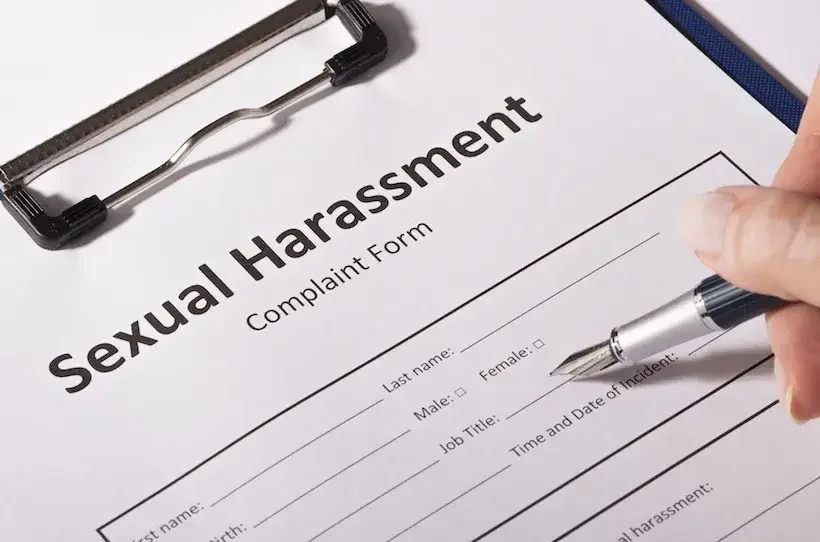
As the list of prominent men accused of sexual harassment grows, you may think the problem is mostly in politics and entertainment. But between 25% and 85% of women nationwide have been sexually harassed at work. And up to three-quarters of them never confront their harasser or report the harassment. Even fewer file formal complaints.
If a boss or coworker has behaved in ways that make you feel uncomfortable, it's a good idea to educate yourself on what sexual harassment is and what you can do if you think you might have a claim.
What is sexual harassment?
Sexual harassment is a form of sex discrimination that violates Title VII of the Civil Rights Act of 1964. There are two types of sexual harassment:
- Quid pro quo. In this type of harassment, an employment decision—such as a raise, work assignment, or continued employment—is based on whether you submit to sexual advances.
- Hostile work environment. Sexual comments or conduct can create a hostile work environment if they interfere with your work performance or make your work environment intimidating, hostile, or offensive. Hostile work environments usually involve an ongoing pattern of behavior, not just a single incident.
Sexual harassment doesn't have to involve sexual behavior. It can also consist of inappropriate jokes and comments or displays of sexually explicit materials.
Men, as well as women, can be harassed, and the harasser can be anyone in the workplace, not just your direct supervisor. Your harasser does not have to be someone of the opposite sex.
What to do if you have been sexually harassed
If you believe you are a victim of sexual harassment at work, start by reading your company's sexual harassment policy. It should explain how to report harassment and how grievances are handled.
Before you do anything else, take the time to write detailed notes about what happened. Write down what was said or done, by whom, when, and the names of any witnesses. Print out any offensive emails, texts, or social media communications.
Store this information on your personal devices or at home—not at work. It can also be helpful to talk to coworkers you can trust. You may learn that others have had similar experiences that will help bolster your case.
Here's how to begin:
- If you feel comfortable confronting your harasser, tell him or her about the behavior that is bothering you. Ask the person to stop. Use specific examples to get your point across. Afterward, make a written note showing you spoke to the harasser, and what the response was.
- If the behavior continues, or if you don't want to confront your harasser, follow the guidelines in your company's sexual harassment policy for reporting it. Explain what has happened and use your detailed notes to help you be clear and specific. If you report sexual harassment verbally, follow up with a letter or email confirming that you made a report.
- If your employer doesn't seem to be doing enough, your next step is to file a complaint with the Equal Opportunity Employment Commission, or EEOC. EEOC complaints must be filed within 180 or 300 days of the harassment, depending on whether there are also state and local harassment laws.
The EEOC will look at all the circumstances, including the type of harassment and its context, and may take a variety of actions. At this point, you may also want to consult with an employment lawyer.
What if you're afraid of retaliation?
It is illegal for your employer to take action against you for making a sexual harassment claim, but that doesn't mean it doesn't happen. Most employees are “at will," and it's not hard for an employer to come up with another reason for letting you go. Many people who make claims also report more subtle forms of retaliation that make their lives miserable at work.
If you are not ready to approach a supervisor or file a claim, you can still protect your rights by continuing to keep notes on any harassment. Also document your good work performance, keeping records of any positive evaluations or comments you receive.
Sexual harassment can be traumatic and isolating. If you have been harassed, it helps to reach out to friends and family for support while you decide what to do next.

